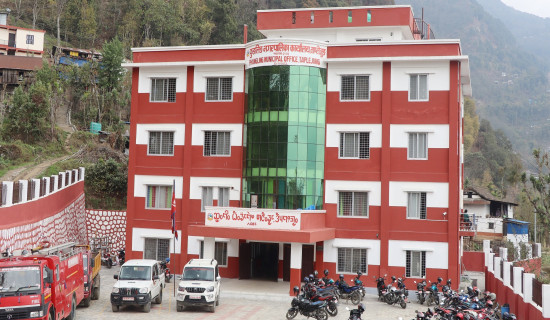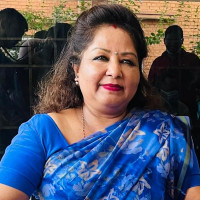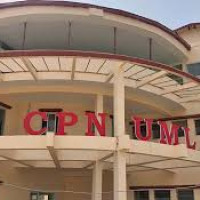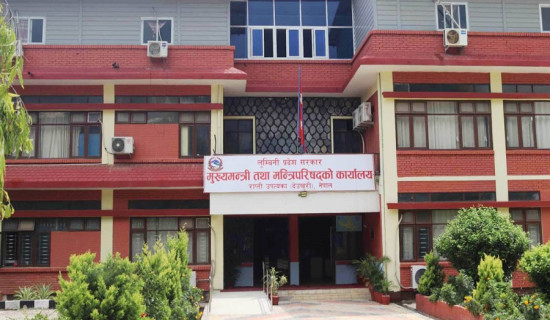- Wednesday, 27 November 2024
PM announces plan to expand scope of social security
By A Staff Reporter,Kathmandu, Nov. 27: Prime Minister KP Sharma Oli has announced plans to expand the scope of Nepal's social security programme.
Addressing an event organised by the Social Security Fund (SSF) to mark the 7th Social Security Day on Tuesday, he said that the contributors' children will also benefit from the fund within 90 days from now and contributors requiring medical treatment costing over Rs. 100,000 will receive 50 per cent of the expenses from the SSF.
Reiterating the commitment of the government to constitutional provisions and the fundamental rights of people, PM Oli reaffirmed its responsibility to transform Nepal into a modern, developed, and prosperous nation, free from poverty and backwardness.
The SSF was launched in 2018 during the previous tenure of PM Oli.
Meanwhile, the Prime Minister emphasised the need to draft innovative policies to create attractive employment opportunities and bring about an agricultural revolution. Speaking at another event organised by the General Federation of Nepalese Trade Unions (GEFONT), he said that increasing production and productivity was key to achieving equitable distribution and sustainable progress.
PM Oli, who is also the Chair of the CPN-UML party, underlined the party’s focus on action over rhetoric. He credited GEFONT for spearheading Nepal's successful labour movement, which inspired the launch of social security programmes.
Likewise, speaking at the event organised by the SSF, the Non-Resident Nepali Association (NRNA)'s President Dr. Badri KC said that the government failed to introduce concrete plans to include migrant workers and those in informal sectors abroad within the social security net.
He pointed out that while efforts were made three years ago to incorporate more workers into the Fund, little progress has been achieved. "Currently, the fund is perceived as a mandatory pre-departure requirement rather than a meaningful programme for the migrant workers. Out of over five million Nepalis working abroad, only 1.2 million are enrolled, and even fewer regularly contribute," he said.
Dr. KC stressed the need for effective implementation and awareness campaigns to help workers understand the benefits of the fund. "Establishing a fund is not enough; ensuring its effective execution and informing workers about its advantages is crucial," he stated.









-original-thumb.jpg)






